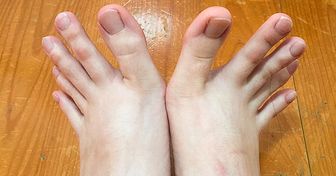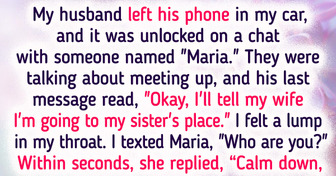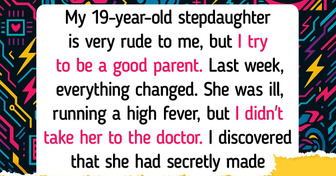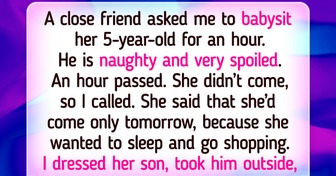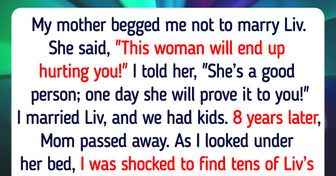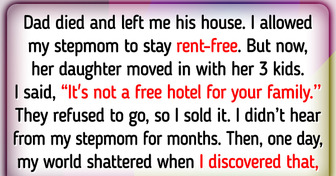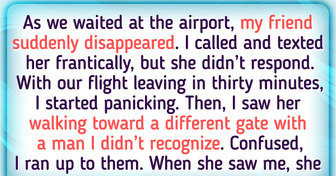11 Illustrations That Prove What We See on Social Media Is Nothing but an Illusion

It’s understandable to be protective of your children, but you have to know where to draw the line. Maintaining boundaries can be good for the relationship between you and your kids, and it will help them become their own individual people. That is why violating your children’s privacy is very serious and can have a lot of negative effects on them, especially their mental health.
Bright Side would like to inform you about the risks you take if you decide to invade your child’s personal space, and hopefully, you won’t make the mistakes that some parents make.
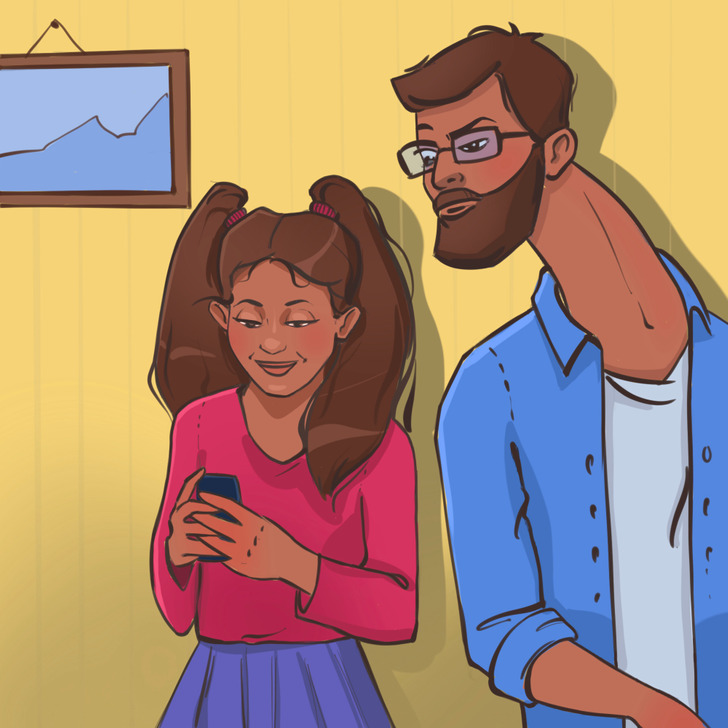
Parental control is important for a good relationship between the child and the parent. However, when that control goes too far and even becomes psychological, that’s when the issues start. Invading a child’s privacy takes away their independence, and it erases the boundary a healthy parent-child relationship should have.

Wanting to raise your kids to be open and honest people is noble, but intrusive parenting can make that backfire and cause the absolute opposite. Kids’ natural response to this type of parenting is to hide things and lie, which defeats the purpose of teaching them not to. All that parental suspicion and hiding of things stems from distrust.
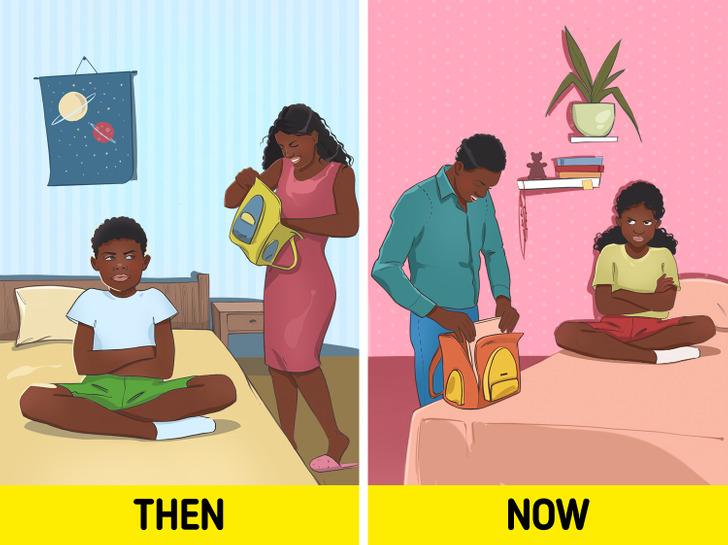
Ruining your relationship with your child is not the worst thing that can happen when there’s an invasion of privacy. That can have negative effects on your kids’ mental health and can cause them anxiety and depression. It can also make them think that no such thing as privacy exists, and they could carry that mindset when they’re parents.

No parent wants a child to have problems, to get in trouble, or to make the same mistakes their mom and/or dad did. But, unfortunately, that’s part of life, and no amount of over-protection or invasion of privacy can stop it. You have to let your children make mistakes so that they can learn from them because that’s how life works after all. So let them do just that — as long as it won’t cause your children actual harm.
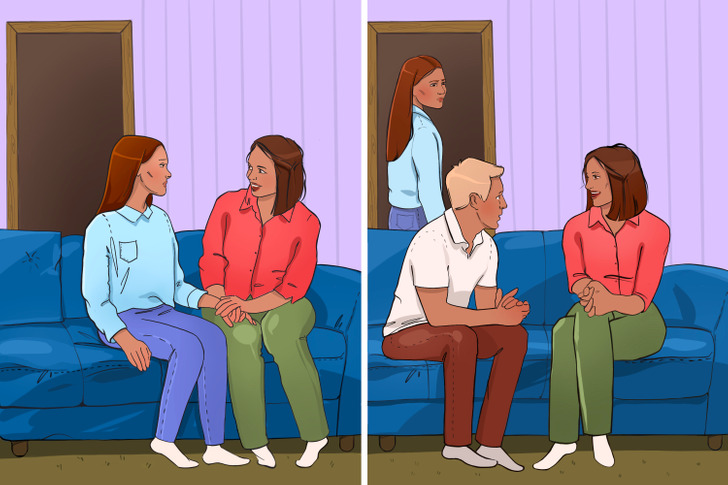
Invading your child’s privacy or breaking a boundary, like telling your partner information your child specifically shared only with you, could have very damaging effects on your relationship. This is because breaking their trust, even with good intentions, would show them the opposite, and then they’ll start to pull away from you. Repairing such a relationship could be very hard.
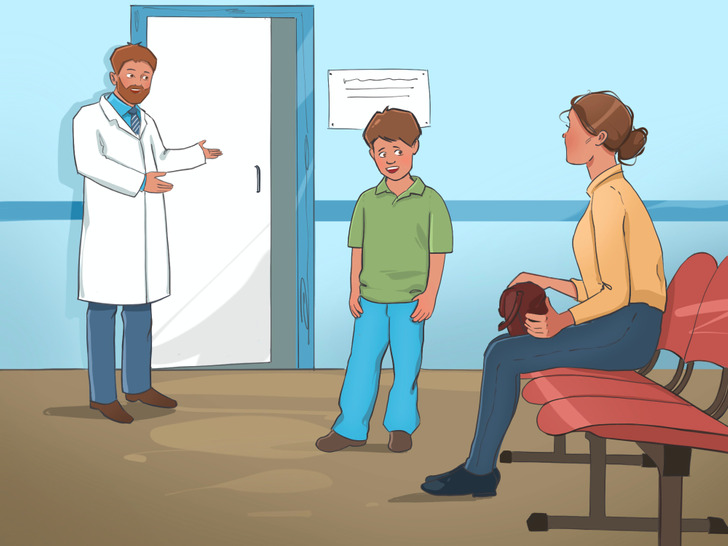
If you want to get better at respecting your children’s right to have privacy and be their own person, there are a few things you can do:
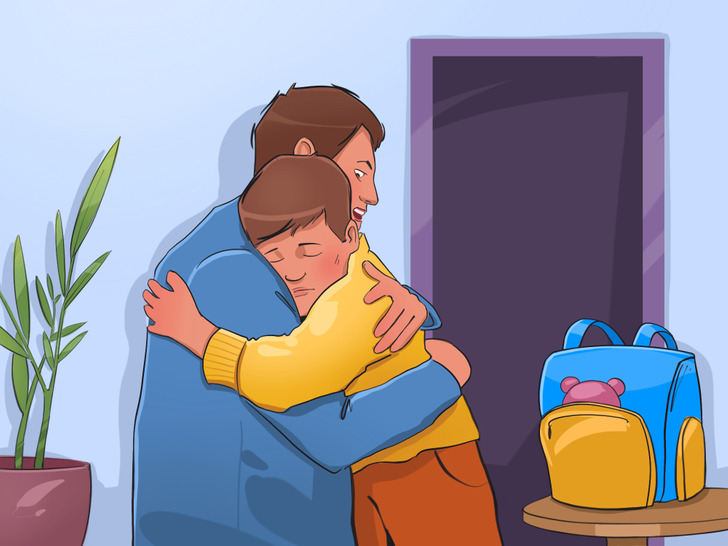
Of course, there are times when it’s okay to invade their privacy if their life or well-being is in danger. If you believe that your child is in any kind of danger, you can and absolutely should intervene because you’re still their protector. If you’re purely acting out of fear for them, then they might justify your invasion of privacy.
What kind of parent are you, and will you change your parenting methods after reading this information?


